The Booker Prize shortlist 2023 contains books by two Irish, two American, a Canadian and a British author exploring identity, family dynamics and societal collapse. All of them have been shortlisted for the first time, and two of the books are debut novels. The winner of the U.K.’s most prestigious literary prize will be announced on 26 November.
The books in alphabetical order of author name:
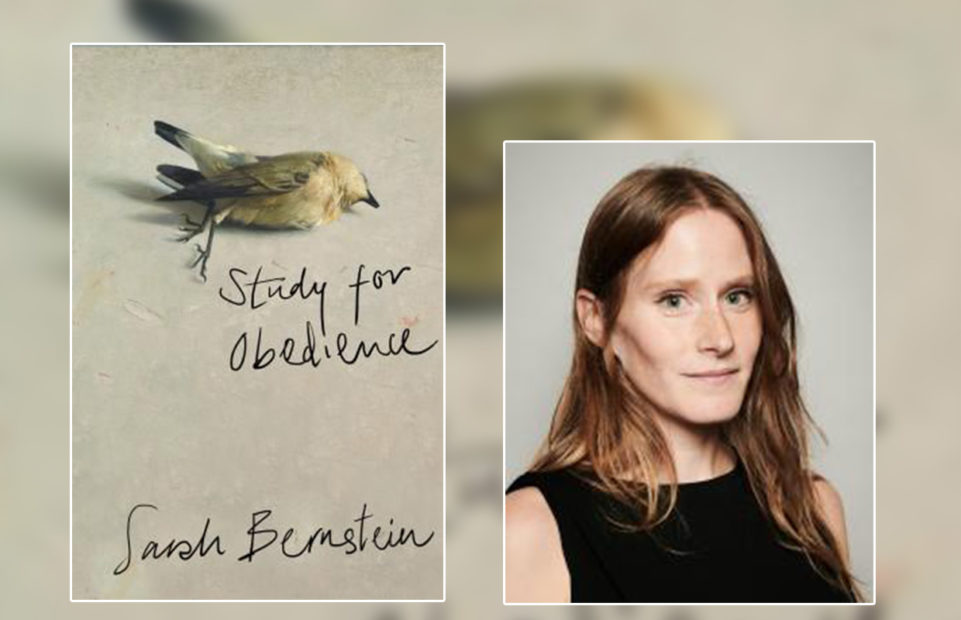
At the time of my arrival, my brother was not yet ailing. Truly he was in the very pink of health, the prime of his life; having recently freed himself from his wife and teenage children and their perennial demands, he was, he said, at last free to pursue his business ventures in peace. His investments had begun to pay off and, in the absence of his family, from whom he had, it transpired, long felt estranged, and since he spent a great deal of time away from his home, he found himself needing someone to look after the house, he told me one afternoon over the telephone. And who better than I, who from childhood had proven myself the most efficient, most doting manager of my siblings’ household affairs?
Sarah Bernstein is Canadian but lives and works in the Scottish Highlands. Either country could be the unnamed setting for her second novel, which has been described as folk horror although it's set in the modern day. Its female protagonist moves to become her brother’s housekeeper. The remote community is not tender with this outsider, and the unfortunate deaths, blights and illnesses which happen after her arrival don’t help her situation.
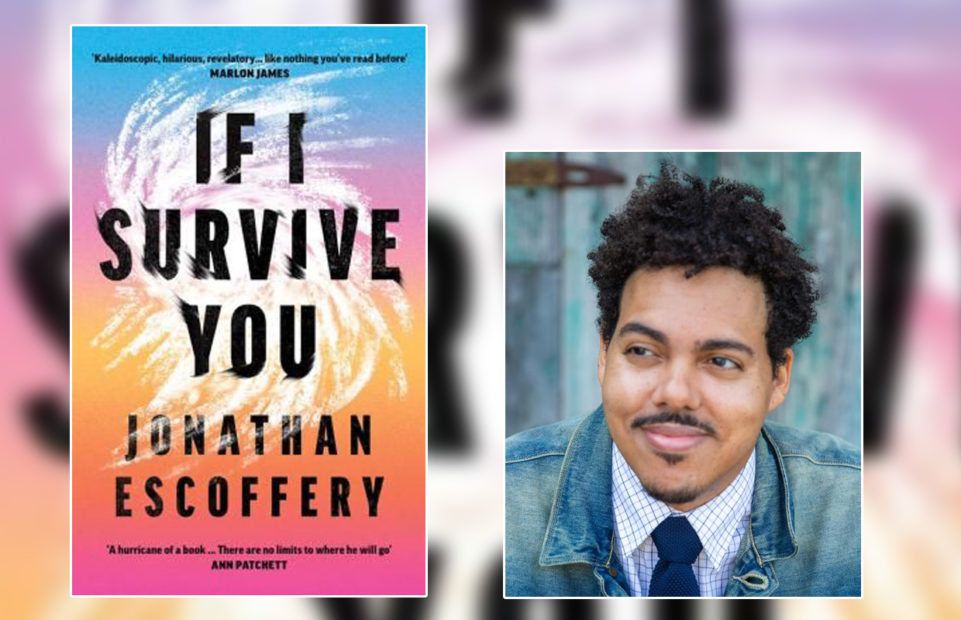
It begins with What are you? hollered from the perimeter of your front yard when you’re nine — younger, probably. You’ll be asked again throughout junior high and high school, then out in the world, in strip clubs, in food courts, over the phone, and at various menial jobs. The askers are expectant. They demand immediate gratification. Their question lifts you slightly off your preadolescent toes, tilting you, not just because you don’t understand it, but because even if you did understand this question, you wouldn’t yet have an answer.
Jonathan Escoffery’s debut takes the form of a novel-in-stories: interlinked tales of the different members of a Jamaican family as they try to remake their life in Miami, Florida from the 1980s on, as did Escoffery’s. The two brothers, and especially the main protagonist Trelawny, struggle to define their identity when they don’t seem to fit into images of either black or white communities in the U.S.A.
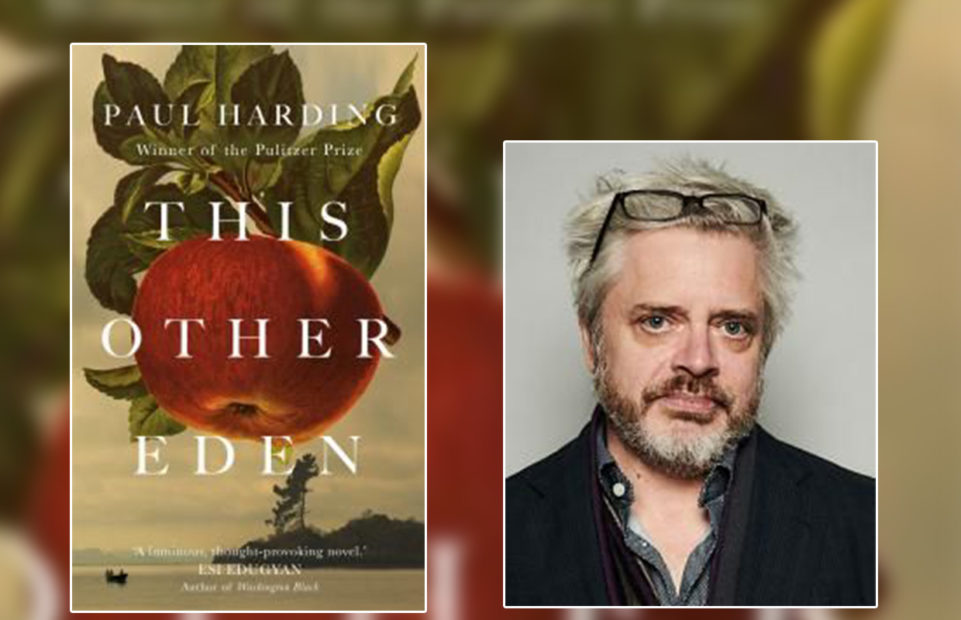
A hurricane struck in September of 1815, twenty-two years after Benjamin and Patience Honey had come to the island and begun the settlement, by which time there were nearly thirty people living there, in five or six houses, including the first Proverbs and Lark folks, the ones from Angola and Cape Verde, the others from Edinburgh — Patience herself from Galway, Ireland, originally, before she met Benjamin on his way through Nova Scotia and went with him — and three Penobscot women, sisters who’d lost their parents when they were little girls. A surge of seawater twenty feet high funneled up the bay, sweeping houses and ships along with it.
American author Paul Harding based this novel on a real historical community on Malaga Island off the coast of Maine. From the mid-1800s it was home to a racially mixed community making a living from fishing. But in 1912, they were forcibly evicted and Harding depicts the popularity of eugenics at the time for the way in which the islanders were viewed and treated.
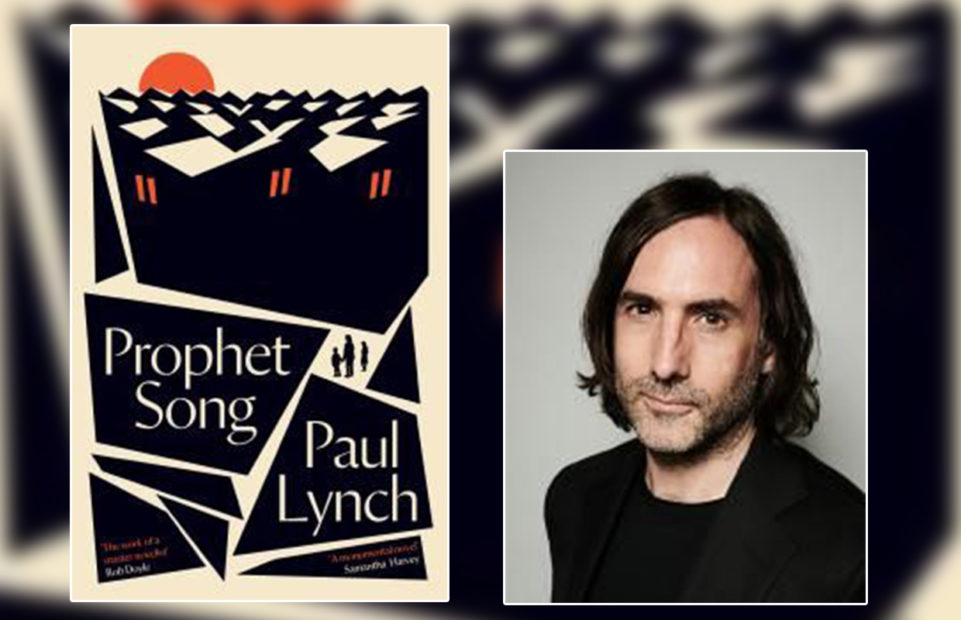
What do you mean, show them I have nothing to hide? You know what I mean. No, I don’t know what you mean. Look, it’s just a figure of speech, Larry, please go and ring them now. Why are you always so bloody difficult, he says, look, I’m not going to ring them at this hour. Larry, do it now, please, I do not want the GNSB to darken our door again, you hear the talk, the kind of things that are said to be going on these past few months.
Paul Lynch’s novel is set in his native Ireland, but in a dystopian not-so-far in the future version which he says was inspired by the sight of Syria descending into chaos. In a context where a tyrannical government constantly changes the rules, scientist and mother-of-four Eilish Stack has to try to keep her family together when her trade-unionist husband is detained for simply doing his job.
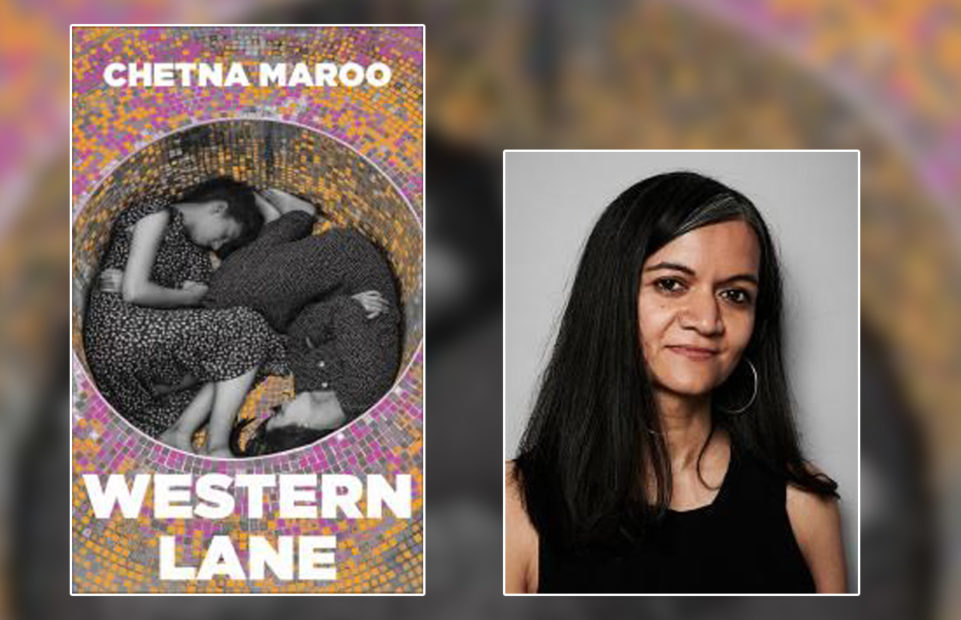
There were three of us, all girls. When Ma died, I was eleven, Khush was thirteen, Mona fifteen. We’d been playing squash and badminton twice a week ever since we were old enough to hold a racket, but it was nothing like the regime that came after. Mona said that all of it, the sprints and the ghosting and the three-hour drills, started when our aunt Ranjan told Pa that what we girls needed was exercise and discipline and Pa sat quiet and let her tell him what to do.
Chetna Maroo’s debut novel is a study of grief in an Gujerati-British family. The novel is told from the point of view of 11-year-old Gopi. After the mother’s death, the extended family and community seems sceptical of the father’s ability to raise his three daughters alone. He focuses all his energy in training his three daughters in squash, with this physical interaction replacing all that is unsaid in the family.
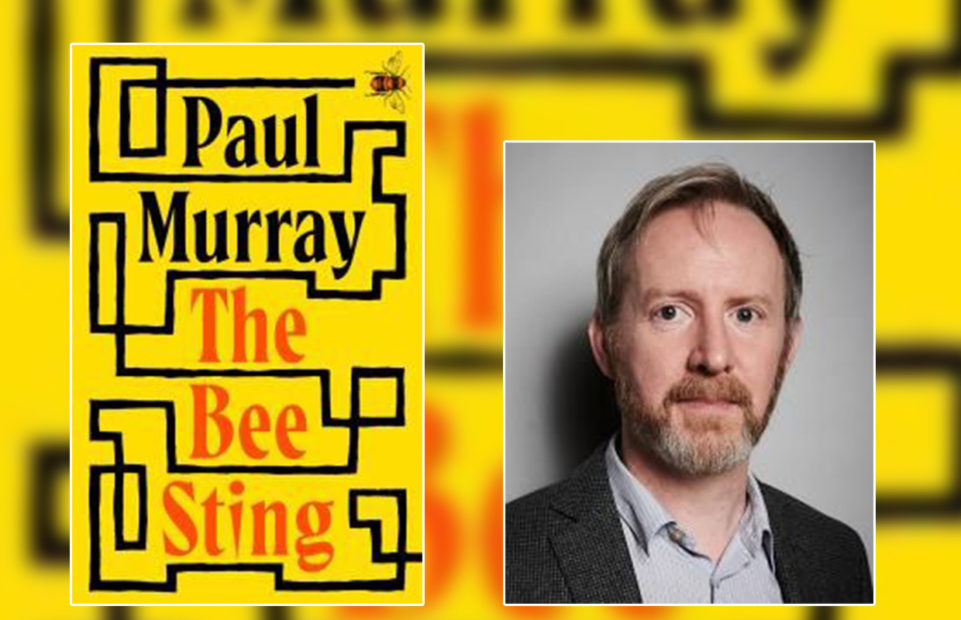
Elaine hated their town. Everyone knew everyone, everybody knew your business; when you walked down the street people would slow down their cars to see who you were so they could wave at you. There were no proper shops; instead of McDonald’s and Starbucks, they had Binchy Burgers and Mangan’s Café, where the owners worked behind the counter and asked after your parents. You can’t even buy a sausage roll without having to tell someone your life story, she complained.
Cass didn’t care for GAA either, and she agreed about the general lack of je ne sais quoi. For her, though, the presence of Elaine was enough to cancel out the town’s faults.
Paul Murray’s novel is also set in Ireland, but a much more recognisable one of small-town rural life. Another family saga, with a tragicomic tone, like Jonathan Escoffery’s novel, it is told from the point of view of different members of a family that is struggling financially to survive: father Dickie, mother Imelda and teenagers Cass and PJ.
Here, Susan Lynch reads an extract which explains the novel’s title.
If you want more information about the books and authors, as well as the longlisted works, check out the Booker Prize site.
Copyright(s) :
The Booker Prize
> The 2020 Booker Prize Goes to First-time Scottish Author
> Two Books for the Booker
> 2021 Women’s Prize for Fiction Winner
> Double Pulitzer for Colson Whitehead
> 2021 Nobel Prize for Literature Turns the Spotlight on East Africa
> A South African Author Wins the 2021 Booker Prize
> Short List for the 2022 Booker Prize





